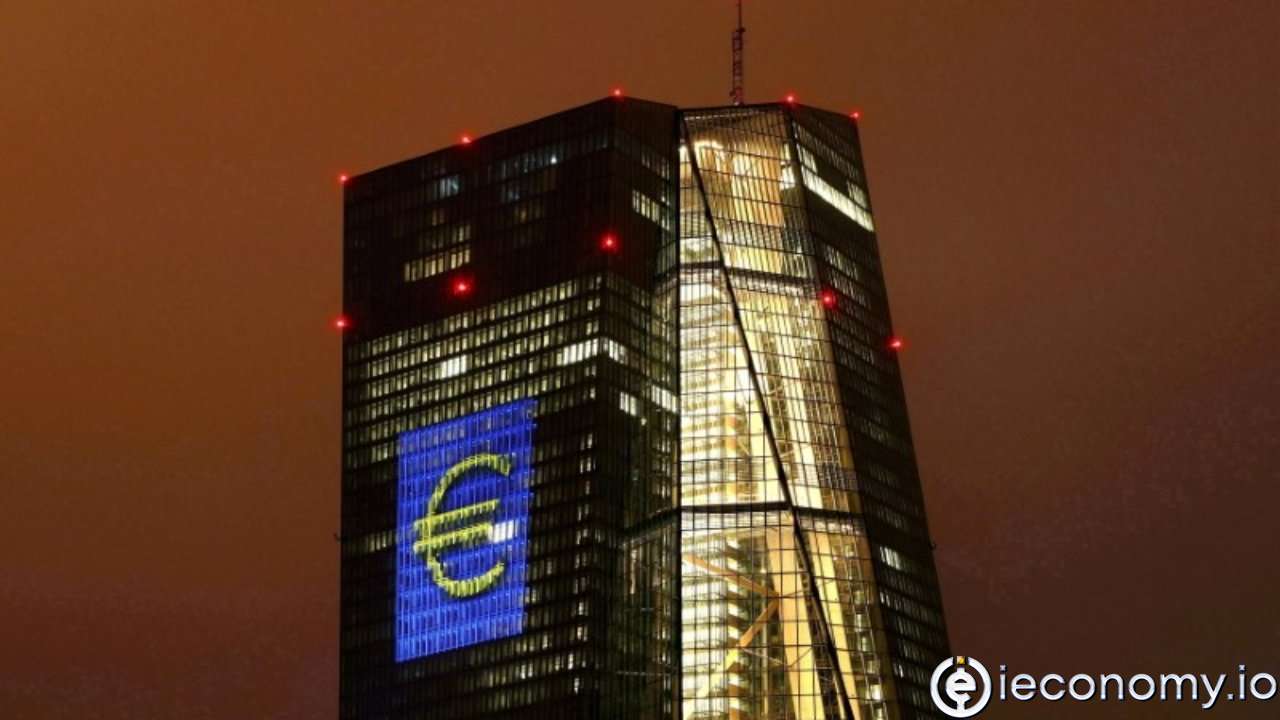9887
0
Experts are unsure the new ECB target
Experts are unsure whether the European Central Bank (ECB) will be able to push inflation more strongly than before with its new strategy.

Yazar: Tom Roberts
Yayınlanma: 12 Ağustos 2021 21:46
Güncellenme: 3 Mart 2026 00:06
Experts are unsure the new ECB target
Experts are unsure whether the European Central Bank (ECB) will be able to push inflation more strongly than before with its new strategy. This is the result of a survey by the Center for European Economic Research (ZEW) among 147 financial market experts, which is available to the Reuters news agency. According to this, 49 percent of those surveyed stated that they had revised their inflation forecasts for 2021 to 2023 upwards because of the ECB's change in strategy. For 46 percent, however, the change in strategy had no impact on their inflation forecasts. About five percent even expected a negative impact. "The market players find it difficult to clearly interpret the message of the ECB," said ZEW scientist Frank Brückbauer and co-author of the study. There is still great uncertainty as to how the change to a symmetrical inflation target of two percent will affect inflation and key interest rates in the medium term. After a strategy check, the ECB is now aiming for an increase in consumer prices in the euro area of no less than two percent in the medium term. Until recently, their inflation target was below, but close to, two percent. The new goal should also be understood symmetrically - deviations upwards and downwards are equally undesirable. The new strategy also means that in future owner-occupied residential property should be included in the inflation measurement and that climate protection aspects should be taken into account in monetary policy. According to the survey, only around 80 of the 147 participants answer the question of how the change to the symmetrical inflation target has affected their inflation forecasts. They assume that the influence of the new strategy on the inflation rate for the years 2021 to 2023 will be an average of just under plus 0.4 percentage points in each case. The impact on the key interest rate, which is currently at a record low of 0.0 percent, was rated even lower by 70 participants over a period of six and 24 months, each with plus 0.1 percentage points. According to the survey, around 70 percent of the experts also expect that taking owner-occupied residential property into account when measuring inflation will increase the inflation rate slightly from 2021 to 2023. They are rather skeptical about the consideration of climate policy aspects in monetary policy. 51 percent of those surveyed assume that this will make it more difficult to implement monetary policy with a view to achieving the inflation target. In July, inflation in the euro area was 2.2 percent, exceeding the ECB's target of two percent. The ECB expects prices to rise further this year. ECB Vice President Luis de Guindos expects the peak in November with around three percent. However, the ECB assumes that inflation will weaken again next year. Their previous projections foresee an inflation rate of 1.5 percent for 2022 and 1.4 percent for 2023.İLGİLİ HABERLER





European stocks soared and focus shifted to German retail sales after Powell's speech!

Forex Signal For TRY/USD: Inflation Slowdown in November.

Forex Signal For GBP/USD: Bullish Trend Still Not Breaking While Recovery Continues.

Forex Signal For EUR/USD: Starry US Data Points to Higher Fed Increases.

Forex Signal For BTC/USD: Downside Continues as Bitcoin Recovery Moves Less.
En Popüler Haberler
Yorum Yap
Yorumlar
Henüz yorum yapan yok! İlk yorumu siz yapın...